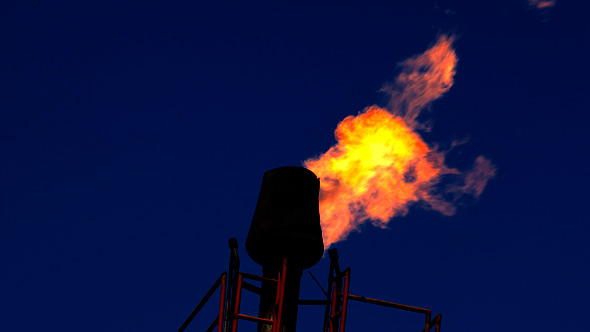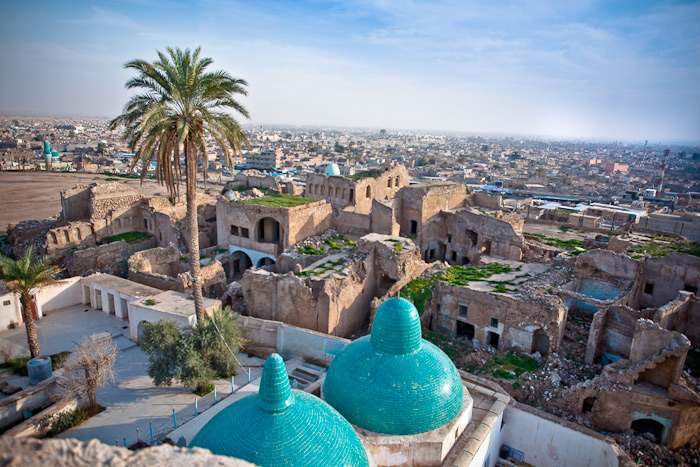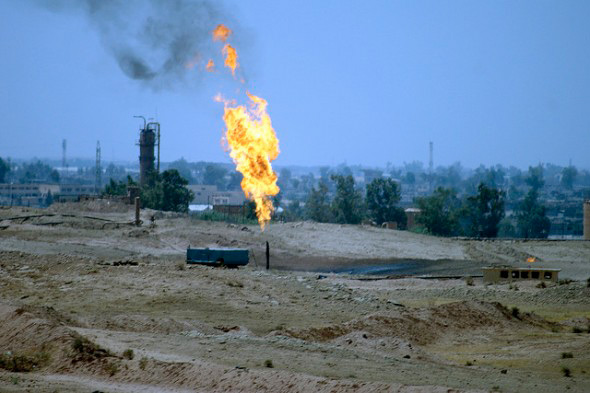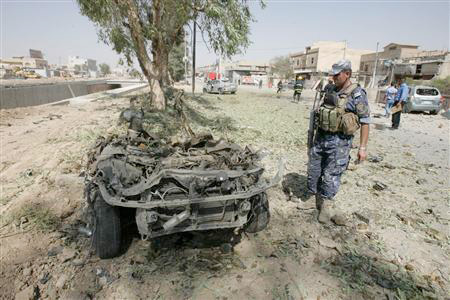Kirkuk: Kurdistan’s Statehood Aspirations and Oil
For some time the Northern Iraq city and province of Kirkuk has been the political, security and economic fault line between the increasingly autonomous Kurdistan Regional Government, and federal Iraq.

Written by Timothy K. Maloy
KIRKUK – For some time the Northern Iraq city and province of Kirkuk has been the political, security and economic fault line between the increasingly autonomous Kurdistan Regional Government, and federal Iraq.
The Kirkuk governorate has always boasted an ethnically mixed population of Kurds, Turkmen, Assyrians and Arabs, and in recent times Turkmen, Arab and Kurd interest have all made rival claims to sovereignty of the city and area which suffered a large Kurdish exodus and deportations under Saddam Hussein in what was ultimately a successful attempt to “Arabize” Kirkuk.
Since that time, ethnic Kurds and Turkmen have returned to the city in unknown numbers.
Kurdish exodus and deportations under Saddam Hussein in what was ultimately a successful attempt to “Arabize” Kirkuk.
At the present writing there is no reliable census for the Kirkuk governorate, however, under the Iraq constitution a referendum on whether Kirkuk province should become part of Iraq Kurdistan was due to held by November of 2007, but has been indefinitely put in hold.
Beyond these various rival ethnic claims, what has become paramount is that the Kirkuk governorate holds one of the largest oil reserves in Iraq. The field began active production in 1934 and even after over seven decades of operation the Kirkuk area produces up to one million barrels a day, around half of all of Iraq’s oil exports.
A variety of political analysts, politicians, economic experts and political officials — from the KRG and Baghdad — give different interpretations where the situation is headed, though many think that despite the irredentists urge on the part of Kurdistan to merge oil-rich Kirkuk with the autonomous mini-sate, the Kurdish people are not in favor of an armed confrontation. At the same time, most observers note that neither is the Arab population which is still recovering from years of war with American-led coalition forces.
In November a military standoff between the KRG and Bagdad occurred when the Iraqi PM establish the special Dijla Operations Command and deployed the armed force to Diayala, Kirkuk and Salahuddin, all disputed provinces subject to rival claims by Baghdad and the KRG. While Baghdad says the group was formed to fight terrorism in the area, there are concerns on the part of the KRG that this deployment opens the door for federal Iraq to solidify control over the disputed region.
To counter these moves, Kurdish officials have deployed Perhsmerga troops to the area.
Amid this standoff has been added sectarian violence possibly authored by an Al-Qaida group. In mid-December a series of bombings took place, including three roadside bombs near Shi’ite mosque in Kirkuk, two bombs detonated next to city television station.
On December 28, Iraq security forces captured six senior Al-Qaida leaders.
popular opinion in Kirkuk is against the war and the both sides….That is why they (both sides) are now in a military restraint and they have stopped all the media escalation and they are trying to solve the problem without starting the war between the both sides.
During an interview with Press TV, a Kirkuk-based political analyst Mahammad Yousef said: “The last visit of Nuri al-Maliki to Kirkuk led him to see that the Arab people in Kirkuk are suffering from having no rule in this province. That is why they called for the Iraqi government to put their feet on the field and do something for them.”
He added, however, that the “popular opinion in Kirkuk is against the war and the both sides….That is why they (both sides) are now in a military restraint and they have stopped all the media escalation and they are trying to solve the problem without starting the war between the both sides.
This comes after a small dispute between Peshmerga and Iraqi Army troops devolved into a firefight on Nov 16 resulting in several deaths.
Subsequently, Iraq president Jalal Talabani forged a truce between Erbil and Bagdad that temporarily has stood both sides down.
Nevertheless, neither side has moved and remains opposite each other separated only by a few kilometers.
Also, some observers have noted that a visit by KRG head Massoud Barzani to Kirkuk on Dec. 10 was inherently provocative.
Defending the existence, if not the placement of the Peshmerga forces, Shawan Mohammad, a member of the Iraqi parliament from the Kurdistan Alliance Coalition, Committee, told Al Monitor that under the Iraqi constitution the KRG is allowed to have a security force.
“The Regional Guard and the security forces need to be trained and armed, leaving the Iraqi government with two options: Either it arms and trains the regional forces, or it allows them to purchase weapons and contract with distributors,” Mohammad said.
The Peshmerga forces have a long history, beginning in the 1920s as part the Kurdish independence movement after the dissolution of the Ottoman Empire. They have acted as the Kurd’s sole defense against usually overwhelming odds. The name is idiomatically translated as “those who face death.”
Prior to Gulf War I and II, the Kurdistan region of northern Iraq was the subject of a number of attacks under the Hussein regime meant to keep the restive province incapable of defense if not also decimated. During the Iraqi Al-Anfal Campaign, many villages wsere destroyed leaving their citizens homeless and forced to refugee and a now-notorious chemical attack was targeted at the town of Halabja, killing over 5,000 Kurds.